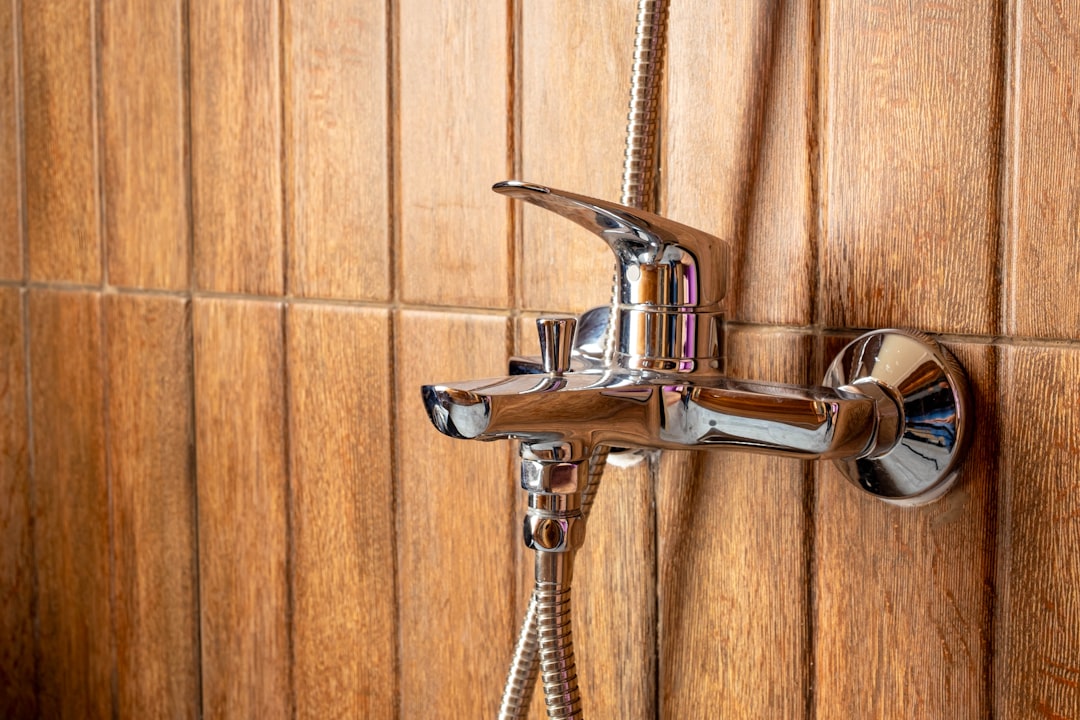
Installing a shower valve can range from $400–$800, depending on various factors. This cost includes the valve unit, rough-in materials, labor, and potential wall repairs. For trade professionals, understanding these components is crucial for accurate project estimation. Our AI-driven platform provides real-time data to ensure precise cost analysis.
The shower valve is essential for controlling temperature, pressure, and flow. Common types include:
Each type affects labor and material costs, which are automatically factored into estimates.
Based on extensive data, the average cost to install a shower valve is $400–$800. Breakdown:
Regional variations can affect these costs by 20% or more.
Easy access reduces labor time, while complex installations increase costs.
Older pipes may require additional fittings, impacting labor and material costs.
Compliance with modern codes can add $50–$120 to the project.
Premium finishes can increase costs by $80–$150.
DIY kits cost $100–$350, but professional installation at $400–$800 ensures compliance and avoids costly mistakes.
Ready to get started? Visit CountBricks.com for a precise estimate and begin your project with confidence.

Mark and Lena in Austin upgraded their shower valve with our platform, saving $225 in potential repair costs. The AI-driven estimate provided clarity and accuracy, ensuring a smooth project completion.
Using our platform, they received a detailed quote:
Total cost: $575
By confirming access through a closet, they avoided tile demolition, demonstrating the value of precise scoping.
Start your project today at CountBricks.com.